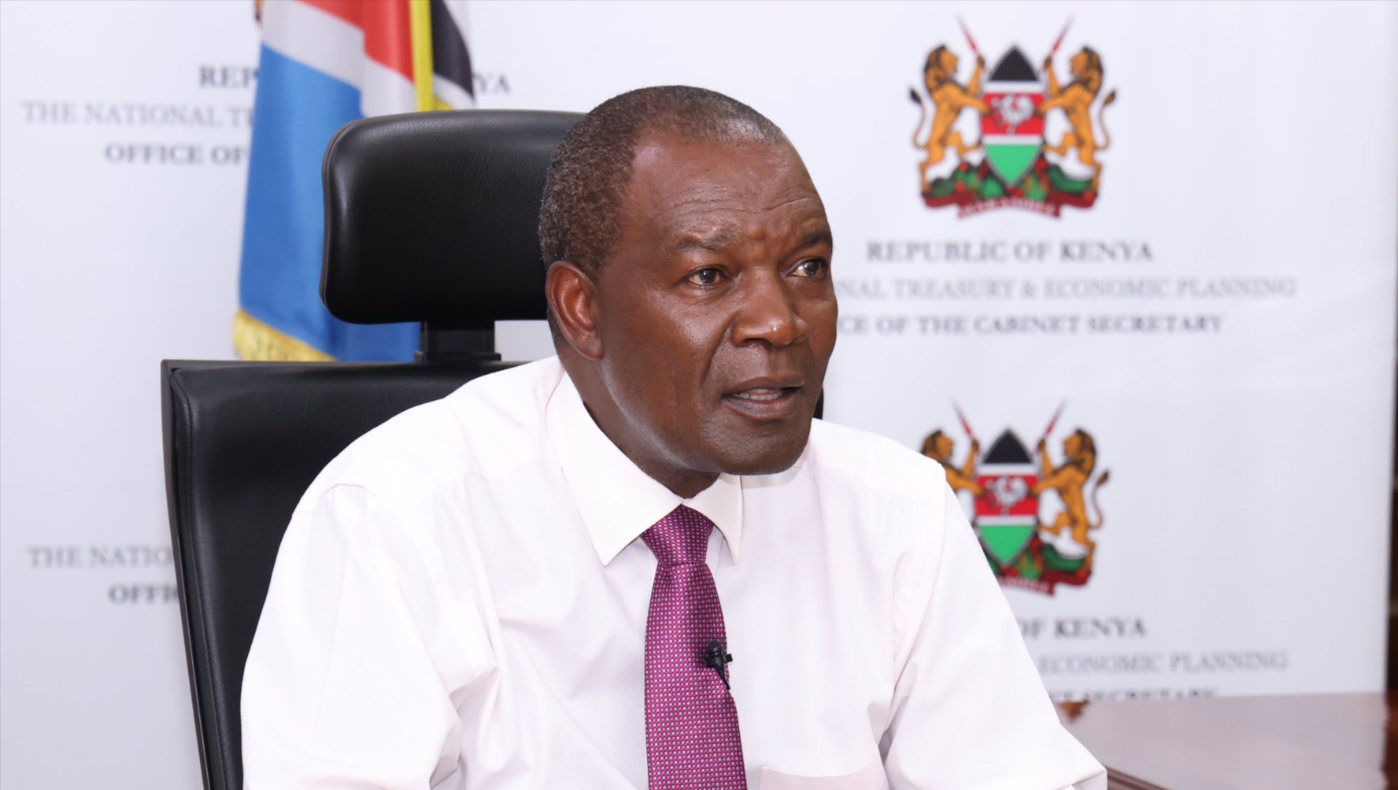The Kenyan government has paid off nearly a quarter billion dollars in petroleum import bills using dedicated forex reserves, marking a major accomplishment in its efforts to stabilize the economy after a crippling dollar shortage crisis earlier this year.
The first three Letters of Credit totaling $238 million (KES 35 billion) for oil purchases from March have already been settled without tapping into regular foreign exchange markets, Treasury Cabinet Secretary Njuguna Ndung’u announced Tuesday.
“So far, these are the earliest maturing LCs under the G-to-G arrangement. It is worthwhile noting that these LCs, with a combined value of USD 238,842,710.12, have already been settled (prepaid before maturity) without distorting the forex market,” Ndung’u said.
Read more: Report: Kenya trails EAC neighbors in ease of doing business
The CS said the dollar escrow account holds $1 billion while the shilling account contains KES 115 billion to guarantee on-time payment of upcoming maturing letters of credit.
“The G-to-G arrangement has therefore been de-risked and more Financing Parties have joined in with others at advanced stages,” Ndung’u noted, referring to the government-to-government oil supply agreements entered in March.
The unconventional G-to-G deals were hastily arranged earlier this year after a severe dollar shortage led the shilling to depreciate sharply, causing currency volatility and threatening Kenya’s fragile economic recovery.
By allowing deferred payments to oil suppliers, the contracts aim to ease demand on Kenya’s foreign reserves and stabilize the shilling’s exchange rate. So far, this unorthodox strategy appears to be working.
Read more: Africa pursues borderless trade at Nairobi Summit
“Spot purchases for the USD by about 100 Oil Marketing Companies had previously created speculative pressure in the spot market,” Ndung’u explained. “The G-to-G arrangement has eliminated this activity, protecting the economy from negative effects.”
In addition, thirty-five petroleum shipments have been delivered smoothly under the G-to-G deals, ensuring steady fuel supplies for Kenya and neighboring countries.
Leveraging its bulk purchasing power, Kenya has also negotiated lower freight premiums from suppliers, even as global shipping costs surge worldwide.
“The country has realized significant benefits from the implementation of the G-to-G arrangement,” Ndung’u said optimistically.
Ndung’u said officials will continue monitoring the oil import agreements closely to maximize their economic impact and bolster energy security.












